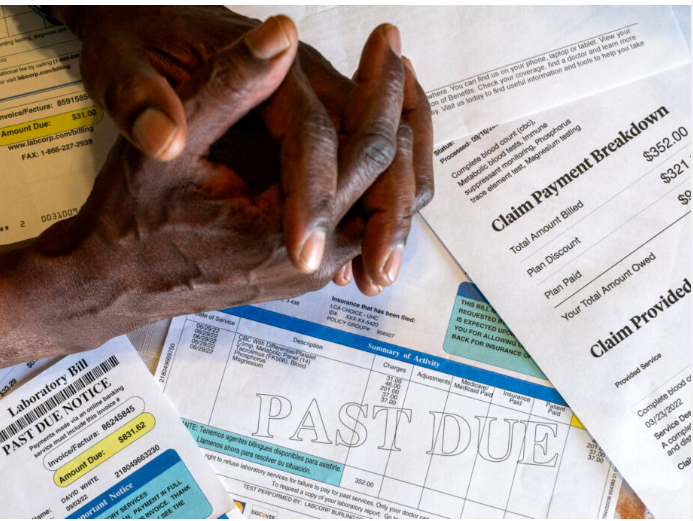Medical debt has long plagued American households, disproportionately affecting vulnerable populations such as Black patients, low-income individuals, and residents of Southern states. To alleviate this burden, several states and municipalities, including Connecticut, New Jersey, and New York City, have initiated programs to purchase and forgive residents’ medical debt using public funds.
In December, New Orleans allocated $1.3 million from the federal American Rescue Plan Act to establish a medical debt forgiveness program in collaboration with RIP Medical Debt, a national nonprofit. This initiative aims to erase an estimated $130 million in medical debt for residents with incomes below 400% of the federal poverty level, benefiting thousands of individuals burdened by healthcare expenses.
Similarly, New York City has committed $18 million to partner with RIP Medical Debt, intending to eliminate $2 billion worth of medical debt for city residents. This groundbreaking initiative underscores the city’s commitment to addressing systemic inequalities and providing relief to those most affected by healthcare costs.
Connecticut, New Jersey, and Pennsylvania are also exploring collaborations with RIP Medical Debt to alleviate medical debt burdens among their residents. Connecticut Governor Ned Lamont recently announced a $6.5 million investment to erase up to $1 billion in medical debt, demonstrating a proactive approach to tackling healthcare affordability issues.
Despite the bipartisan support for medical debt relief measures in some states, challenges remain in addressing the root causes of medical debt. While debt forgiveness programs offer immediate relief, long-term solutions such as expanding Medicaid coverage and implementing consumer protections are essential for addressing the underlying issues contributing to medical debt accumulation.

Efforts to enhance transparency in medical billing, cap interest rates on medical debt, and increase eligibility for financial assistance are critical steps towards ensuring equitable access to healthcare and preventing individuals from falling into crippling debt due to medical expenses.
However, the success of these initiatives hinges on sustained funding and bipartisan cooperation at both the state and federal levels. While the allocation of pandemic relief funds has facilitated the implementation of medical debt forgiveness programs in several municipalities, long-term funding solutions are needed to ensure the sustainability and effectiveness of these initiatives.
Read More News:
- Tennessee Education Commissioner Advocates for Vouchers Despite Previous Criticism
- Ohio’s Political Landscape: House Bill 6 Scandal, GOP Senate Candidates, and More
- Senator Demands Action Over Tracking of Planned Parenthood Visitors
In conclusion, New York City’s partnership with RIP Medical Debt represents a significant step towards alleviating the burden of medical debt for thousands of residents. By addressing the root causes of medical debt and implementing comprehensive healthcare reforms, policymakers can work towards ensuring equitable access to healthcare and financial stability for all individuals and families.

